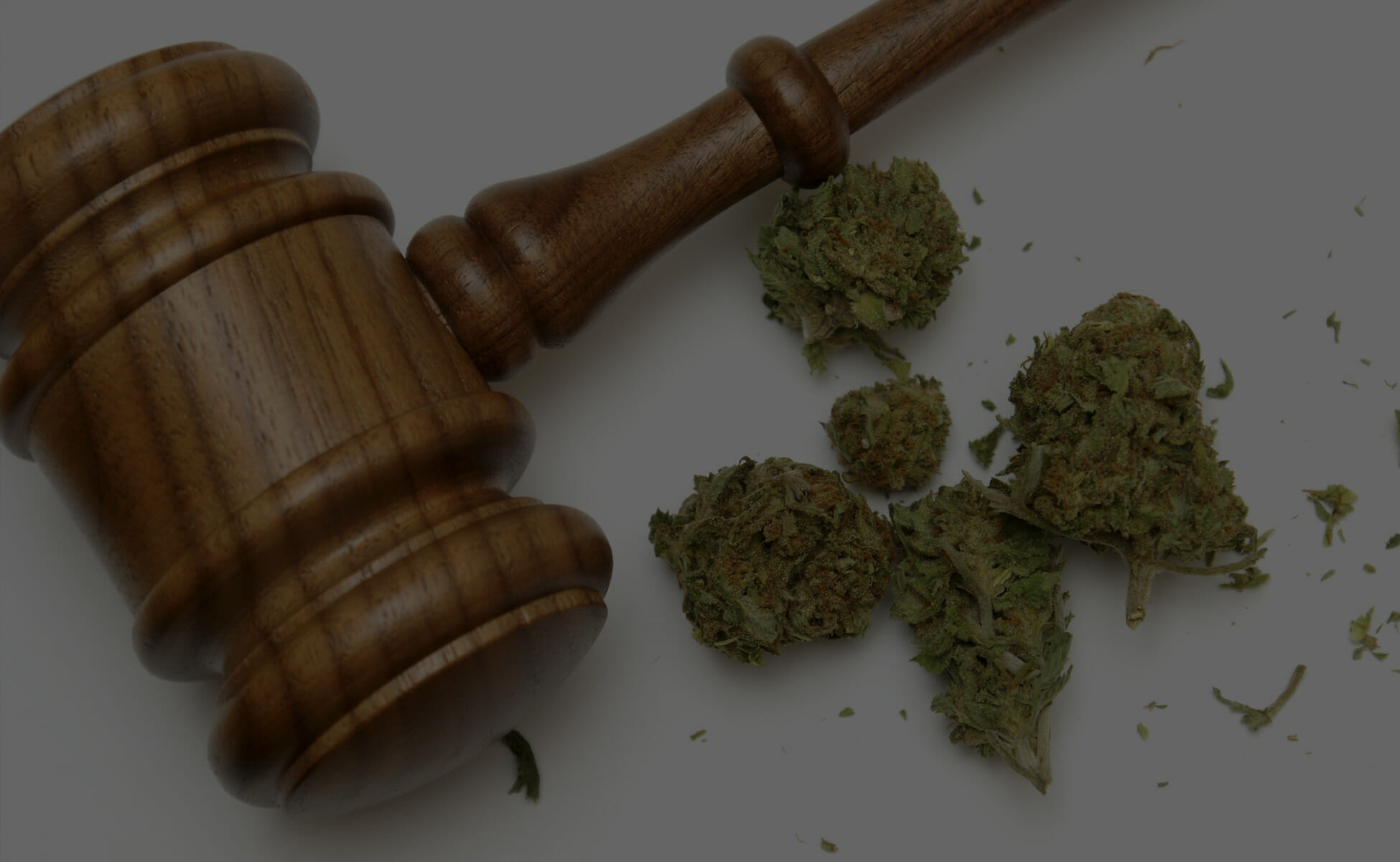On November 20, 2019, the House Judiciary Committee met to discuss, mark-up, and vote on House Resolution 3884 (H.R. 3884).[1] After debate, the Judiciary Committee voted (24-10) to move H.R. 3884 out of the committee along party lines. From here, H.R. 3884 will be considered by other committees for further debate and consideration on the portions of H.R. 3884 that pertain to those committees. On January 6, 2020, it was reported by NORML that the House Small Business Committee would be waiving jurisdiction over H.R. 3884.[2] This is another step along H.R. 3884 advancing to the House Floor. H.R. 3884 was originally referred to the House Committees on Judiciary, Energy and Commerce, Agriculture, Education and Labor, Ways and Means, Small Business, Natural Resources, and Oversight and Reform.[3]
H.R. 3884, officially titled, The Marijuana Opportunity Reinvestment and Expungement (MORE) Act of 2019, would have a tremendous impact on the marijuana industry if enacted. According to the press release from the Chairman of the Judiciary Committee, as well as the sponsor of the bill, Representative Nadler (NY-10) stated that,
This bill would make three important changes to federal law. It would:
- Remove marijuana, or cannabis, from the list of federally controlled substances;
- Authorize the provision of resources, funded by an excise tax on marijuana products, to address the needs of communities that have been seriously impacted by the War on Drugs, including increasing the participation of minority communities in the burgeoning cannabis market; and
- Provide for the expungement of federal marijuana convictions and arrests.
While the MORE Act of 2019 still has a long road ahead, there are many key aspects that would impact the cannabis industry in Nevada, as well as the rest of the Country. Included below is a more comprehensive list of what the MORE Act would do.[4]
NEW PROGRAMS:
The MORE Act of 2019 would create the Opportunity Trust Fund. The Opportunity Trust Fund would be divided as follows: 50% to the Attorney General to carry out section 3052(a) of part OO of the Omnibus Crime Control and Safe Streets Act of 1968; 10% to the Attorney General to carry out section 3052(b) of part OO of the Omnibus Crime Control and Safe Streets Act of 1968; 20% to the Administrator of the Small Business Administration (SBA) to carry out section 5(b)(1) of the MORE Act of 2019; and 20% to the Administrator of the Small Business Administration (SBA) to carry out section 5(b)(2) of the MORE Act of 2019.
[1] https://www.congress.gov/bill/116th-congress/house-bill/3884/all-actions?overview=closed&KWICView=false
[2] https://blog.norml.org/category/the-more-act/
[3] https://www.congress.gov/bill/116th-congress/house-bill/3884/all-actions?overview=closed&KWICView=false
[4] https://www.congress.gov/bill/116th-congress/house-bill/3884/text
Additionally, the MORE Act of 2019 would task the SBA with establishing the “Cannabis Opportunity Program”, which would provide eligible States or localities with funds to make loans to assist small businesses owned and controlled by socially and economically disadvantaged individuals. In addition to the other programs created, the MORE Act of 2019 would also task the SBA with establishing the “Equitable Licensing Grant Program”. The Equitable Licensing Grant Program would provide eligible States or localities with funds to develop and implement equitable cannabis licensing programs that minimize barriers to cannabis licensing and employment for individuals most adversely impacted by the War on Drugs. These funds would be distributed, provided that each grantee (State or locality) includes in their licensing program at least four of the following:
- Waivers of application fees for people with income below 250 percent of the Federal Poverty Level for five of the last 10 years;
- Prohibition on denial of licenses based on conviction of cannabis offenses;
- Prohibition on criminal conviction restrictions for licensing except with respect to conviction related to owning and operating a business;
- Prohibition on cannabis license holder engaging in suspicionless cannabis drug testing of prospective or current employees, except with respect for safety-sensitive positions; or
- Establishment of a cannabis licensing board, reflective of racial, ethnic, economic and gender composition of the State or the locality, to serve as an oversight body of the Equitable Licensing Program.
The MORE Act of 2019 would establish the “Cannabis Justice Office”. The Cannabis Justice Office would be tasked with: Administering the Community Reinvestment Grant Program, which will be designed to provide eligible entities (501(c)(3)) with funds to administer services for individuals most adversely impacted by the War on Drugs; and Administer substance use treatment services for, “individuals most adversely impacted by the War on Drugs.” In the MORE Act of 2019, “individuals most adversely impacted by the War on Drugs” means and individual:
- Who has had an income below 250 percent of the Federal Poverty Level for at least five of the past 10 years; and
- Has been arrested for or convicted of the sale, possession, use, manufacture, or cultivation of cannabis or a controlled substance (except for a conviction involving distribution to a minor), or whose parent, sibling, spouse, or child has been arrested for or convicted of such an offense.
LABOR AND CRIMINAL REFORM:
The Bureau of Labor Statistics will be tasked with compiling and releasing information relating to: Business owners in the cannabis industry; and People employed in the cannabis industry. The MORE Act of 2019 would impose a 5% tax on “cannabis products” manufactured or imported to the United States. The tax would be equal to 5% of the price for which the product was sold. According to the MORE Act of 2019, “cannabis product” means, “any cannabis or any article which contains cannabis or any derivative thereof.” However, it is important to note that, the definition specifically excludes, “any medicine or drug that is a prescribed drug (as such term is defined in section 213 (d)(3).” Manufacturers of cannabis products will be treated ostensibly the same as manufacturers of tobacco products.
Finally, the MORE Act of 2019 would require Federal District Courts to issue an order expunging conviction for Federal cannabis offenses. The MORE Act of 2019 would also require a sentencing review hearing of individuals under a criminal justice sentence for cannabis related offenses.
While there is still a lot of ground to cover and the likelihood of the MORE Act of 2019 actually being enacted is relatively slim, it is positive to see meaningful steps being taken towards a federal solution.
A key point to understand and remember is that under the MORE Act of 2019, individual states would still be responsible for regulating the cannabis industry within their states. Therefore, existing cannabis facilities in Nevada may be secure from a flood of competition, were the MORE Act of 2019 to pass. Regardless of whether the MORE Act of 2019 passes or not, Connor & Connor, PLLC can guarantee we will be on the forefront of any developing changes in the industry.





